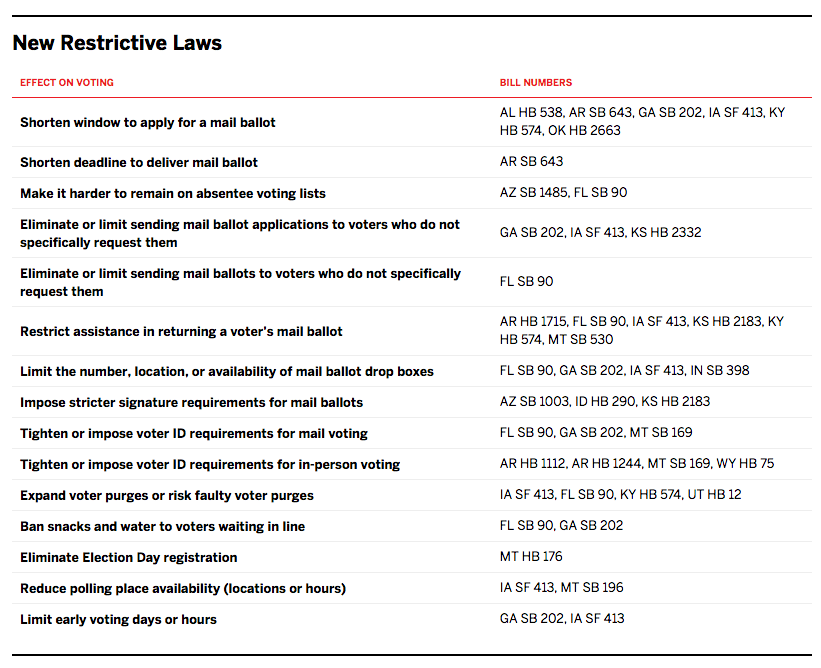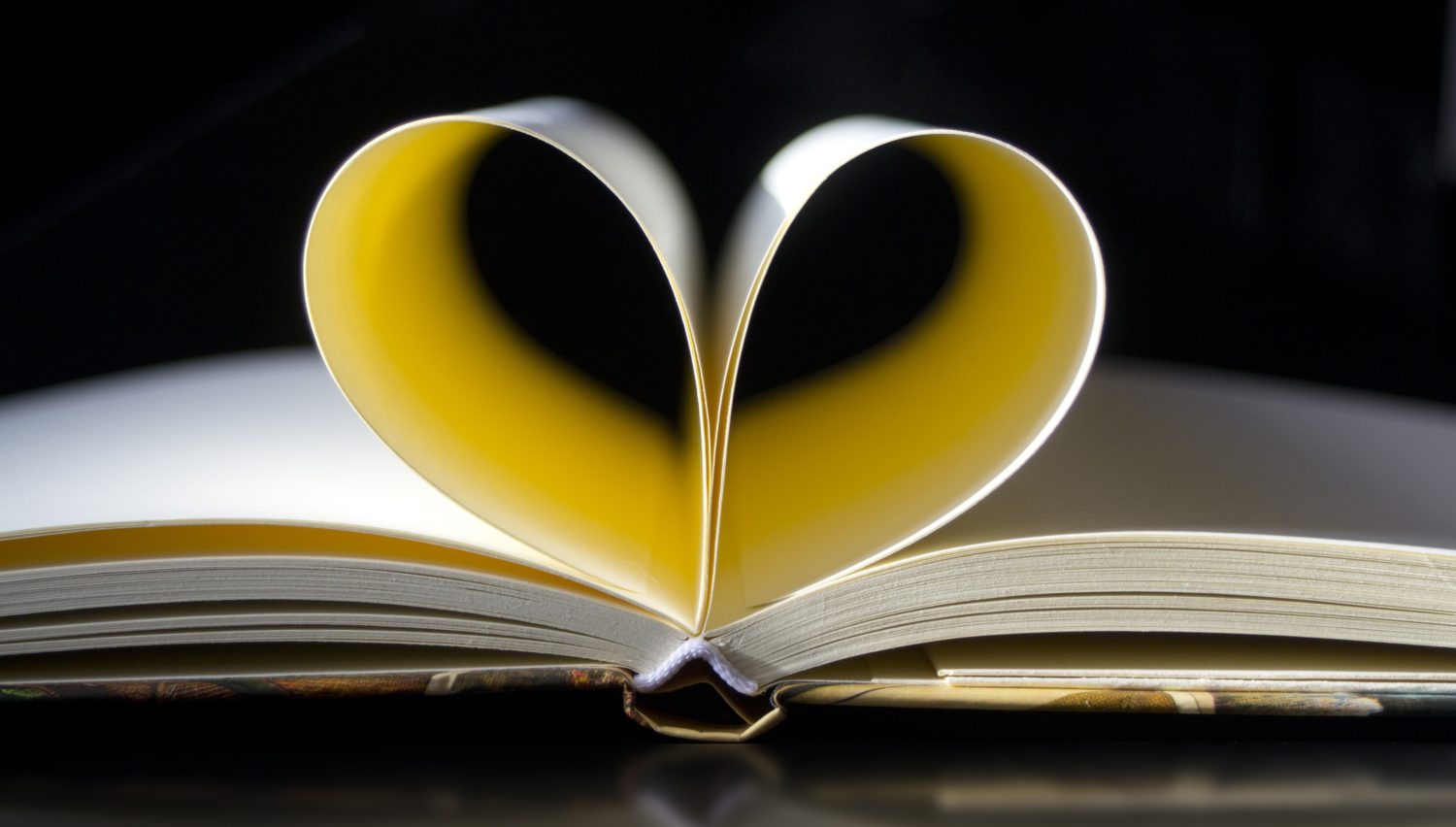For a variety of reasons, I missed posting on the last Sunday in May, over Memorial Day weekend. I wanted to write about what the day signifies, why we have such a day in our country’s holiday calendar. We are called to “honor and mourn the military personnel who have died in the performance of their military duties.”
The day honors the principle of sacrifice, yes, but it has a curiously troubled history. My cursory research made me reconsider how I wanted to speak about its purposes and aims.
For example, I don’t recall learning in elementary school that Memorial Day has its roots in the Civil War. While many communities on both sides of the Mason-Dixon line mourned their war dead, it appears the states whose attempted secession led to the Civil War put a peculiar inflection on their ceremonies. The good ladies of many southern states apparently wished to restore their menfolks’ good names in heaven. They did a little revision concerning the nature of their service. These people didn’t die attempting a military dismantling of the United States: Lordy, no! They died for the glorious Confederacy, and — it goes without saying — the Confederacy’s principles. According to historian Karen Cox:
“The Ladies’ Memorial Association played a key role in using Memorial Day rituals to preserve Confederate culture.”
Dixie’s Daughters: The United Daughters of the Confederacy and the Preservation of Confederate Culture
The rituals changed after the World Wars. Memorial Day transformed into a generalized day of remembrance, instead of a day to remember only the Civil War dead. In 1971, Congress standardized the holiday as “Memorial Day” (from its occasional title “Decoration Day”). It also changed the holiday’s observance to the last Monday in May.
The messages of today
Politicians and pastors who address modern-day Memorial Day ceremonies recall the national principles that our service members died defending. For example, in his first Memorial Day speech as President, Joe Biden said:
And all of us who remain have a duty to renew our commitment to the fundamental values to our nation in their honor — the values that have inspired generation after generation to service and that so many have died to defend. … Each generation of Americans receives the precious gift of liberty. And we work to share it with more people; to make our country more open, more free, more fair; to bring us closer — closer to making our American creed a reality for all Americans: that all women and men are created equal; that all women and men equally deserve to be treated with dignity; that all men and women deserve equal rights, equal protection to build up futures for their families, and hope and opportunity.
White House briefing notes, 5/31/21
But what are our principles?
President Biden went on: “That creed holds that the ideals that inspire people to service and that fill us with pride when we see our loved ones put on that uniform. And our progress toward that creed together, as one nation united and preserved through their sacrifices, is the best and strongest memorial to their lives.”
I admire the sentiment, and agree with him that our nation’s ideals are inspirational and unique. They are worth defending. They’re even worth promoting around the world. (Although our nation often walks a wiggly line between encouraging and imposing our values elsewhere.)
But what ideals do our fellow Americans espouse today? Would they inspire the same devotion in youths graduating in 2021, as they did in 1943 when my Dad served? I think his mother would say he enlisted to defend a fairly simple, straightforward understanding of democracy. After all, that was the time of Norman Rockwell’s homespun artwork illustrating the “Four Freedoms.” (I say this because I suspect it was Grandma who gave us the series of prints.)
Dad wasn’t banking on the benefits of the G. I. Bill to get an education — it didn’t exist yet. Today’s young people, reasonably enough, often see their military service as a gateway to training or a degree. I can’t disagree one bit with that motivation. But if I were a 19-year-old kid living in Texas or Georgia, I’d think hard about democracy’s ideals before enlisting. Especially if my parents didn’t resemble Greg Abbott, Brian Kemp or Marjorie Taylor Green. In fact, I’d have grave doubts that the democracy they claimed to uphold even applied to me. What is there in democracy to defend, if your vote is worthless?
By their words you shall know them
I have nothing but contempt for the words spoken by Republican legislators in nine states. That would be: Alabama, Arizona, Arkansas, Florida, Georgia, Idaho, Indiana, Iowa, Kansas, Kentucky, Montana, Oklahoma, Utah and Wyoming. They used their words to convince their colleagues and constituents that their state’s honest, secure, electoral system was broken.
The Brennan Center for Justice provides sickening details of the Republican drive to make voting harder in its May report. Here’s the headline: “States have already enacted more than 20 laws this year that will make it harder for Americans to vote — and many legislatures are still in session.”
The restrictive laws from 2011 were enacted after the 2010 elections brought a significant shift in political control over statehouses — and as the country confronted backlash to the election of its first Black president. Today’s attacks on the vote come from similar sources: the racist voter fraud allegations behind the Big Lie and a desire to prevent future elections from achieving the historic turnout seen in 2020.
(Emphasis added)
Hmm. Doesn’t sound much like the kind of democracy our forebears died to defend, does it? The mind-boggling number of bills makes ugly reading:

What brew of Koolaid must voters drink to believe their leaders’ lies about the 2020 election cycle? If people like Green were elected on the same ballot as Biden, how can ballots be utterly worthless?
Oh. Right. It’s not the ballots that were necessarily worthless. Apparently, it was the voters who cast the opposing ballots their fellow citizens can’t trust. If you voted for a Democrat in these states, your vote must perforce be wrong. And thrown into question. If not thrown out.
Say again, Texas?
“The Texas legislation proposed to abolish drive-up voting and 24-hour voting, both methods used disproportionately by non-White voters. As The Post’s Amy Gardner reported, Black and Latino voters in Harris County, home to Houston, accounted for more than half of those using such methods, though they are just 38 percent of the electorate. The Texas bill also aimed to ban voting before 1 p.m. on Sundays — directly aiming at the traditional “souls to the polls” get-out-the-vote efforts among Black churchgoers. Republicans also planned to restrict people from driving churchgoers to the polls in such efforts. An earlier draft of the bill even used language about maintaining the “purity of the ballot box” — language once used in defense of White-only voting.”
Dana Millbank, op-ed in the Washington Post
Clarion call for imperiled democracy
Thankfully, there are other words, published today, warning us about the precarious nature of our democracy. I’m not the only one worrying that our nation’s democratic principles are in peril. One hundred scholars signed an open letter on New America’s website. Its title is calm: Statement of Concern. The subtitle is the chiller: The threats to American democracy and the need for national voting and election administration standards.
Share it around — and not just to people who already believe that Susie’s right to vote should not depend on the number of times she voted in the last decade. Or that Tom’s preference for the convenience of dropping his ballot in a secure box before work is not automatically a sign of fraud.
Send it to people who are worried about secure elections, but who were grateful for longer hours at the polls instead of longer lines. And to the people who found an absentee ballot pleasantly easy to obtain, but mysteriously fear their neighbors will order — and somehow receive — a dozen. And if they snort at the idea that 100 academics know anything about the real world, tell them what these scholars study. They study actual fraudulent elections, in countries where it’s common to see ballot boxes brazenly stuffed by partisan officials.
Once, Americans could justifiably look down their noses at places where election results were routinely faked and opposition voters accused of “trying to destroy the state.” We were above such authoritarian thuggery, tut-tutting blatant falsehoods about honest folks fighting for freedom. Look in the mirror, America. The lies told by those in power in Belarus and Turkey, in Myanmar and Moscow, are no longer a million miles away. They’re here, bearing a frightening resemblance to the falsehoods Republican leadership seem happy to swallow, or to spoon-feed their voters.
About the header for this post
The visual, excerpted from the Wikipedia entry on the Democracy Index, shows America’s slide from a proud — indeed preeminent — member of the Full Democracies Club. We now follow France, position 24, at position 25 in the Flawed Democracies group. Better than Israel and Botswana, but well below our former peers in Canada and Australia. The story of America’s sorry decline since 2006 seems to me to parallel the rise of birtherism, Trumpism and the Party of No. What do you think?


